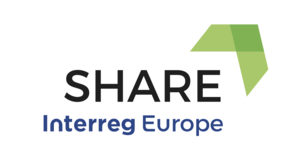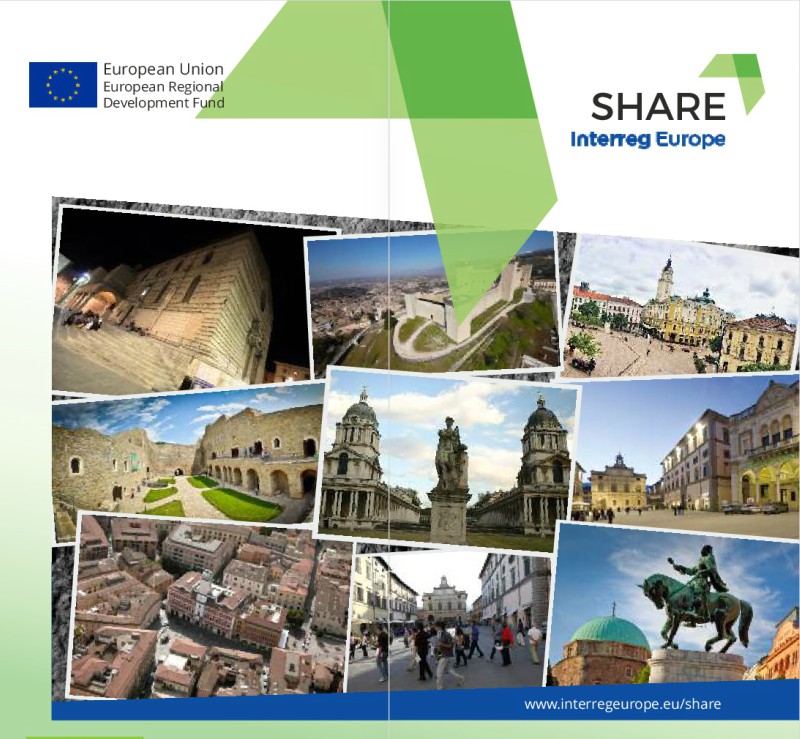In a novel type of consultation, Sviluppumbria, LP of SHARE , and the managing authority for the ERDF ROP policy of Umbria (Italy) met in Perugia with a panel of citizens, to listen to their experiences and suggestions about mobility and sustainability. Sviluppumbria organised the meeting, issuing invitations to participants to ensure a mix of representation for gender, age and geographic distribution.
 Secondary school students, working people and retirees each spoke about positive and negative aspects of mobility in their daily lives. Sviluppumbria staff and the Region’s representatives took part too, contributing their experiences as commuters, parents, and urban residents.
Secondary school students, working people and retirees each spoke about positive and negative aspects of mobility in their daily lives. Sviluppumbria staff and the Region’s representatives took part too, contributing their experiences as commuters, parents, and urban residents.
Multiple panellists complained of the mis-match between the hours of bus service, which tends to be concentrated in school and work hours, and the under-served need in evening and weekend periods when people run errands and socialise. One suggested using more, smaller buses to broaden service. Other ideas are to make it easier for tourists to get transit information, and to improve connections to the region’s many cycling and walking trails.
Some positive points raised by participants are the alternative mobility system in Spoleto, designed to make the hilltop centre easy to reach from the train station and parking areas outside the centre, and the “piedibus” initiative. The piedibus (walking bus) is an organised walk-to-school system, with adult volunteers meeting children at set locations and times. Parents save time while ensuring their children’s safety, the students get some fresh air and exercise before settling down in their classrooms and everyone benefits from reducing the congestion and pollution of cars used for school runs.
 Sustainability expert Andy Fryers observed that authorities approach public transit as an isolated objective, but in order to truly assess costs and benefits, the whole of public services must be evaluated in a holistic way. To make public transit an attractive option requires a huge investment, but that cost would be partially offset by improvements in air quality and consequent healthcare savings.
Sustainability expert Andy Fryers observed that authorities approach public transit as an isolated objective, but in order to truly assess costs and benefits, the whole of public services must be evaluated in a holistic way. To make public transit an attractive option requires a huge investment, but that cost would be partially offset by improvements in air quality and consequent healthcare savings.
The Region’s general manager for planning and resources noted that listening to citizens is an element missing from most planning processes, and one he hopes to involve in the next programming cycle.
A second citizen-stakeholder meeting is planned for April.






